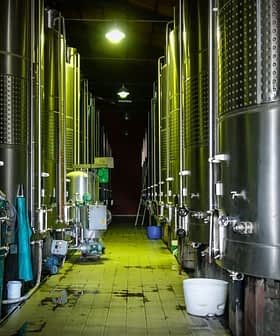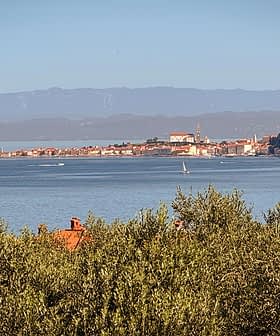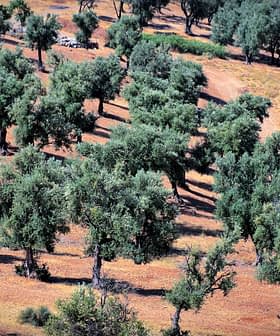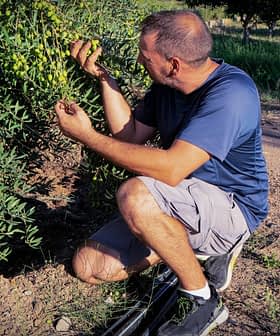Extremadura Bucks the Trend of Below-Average Harvests in Spain
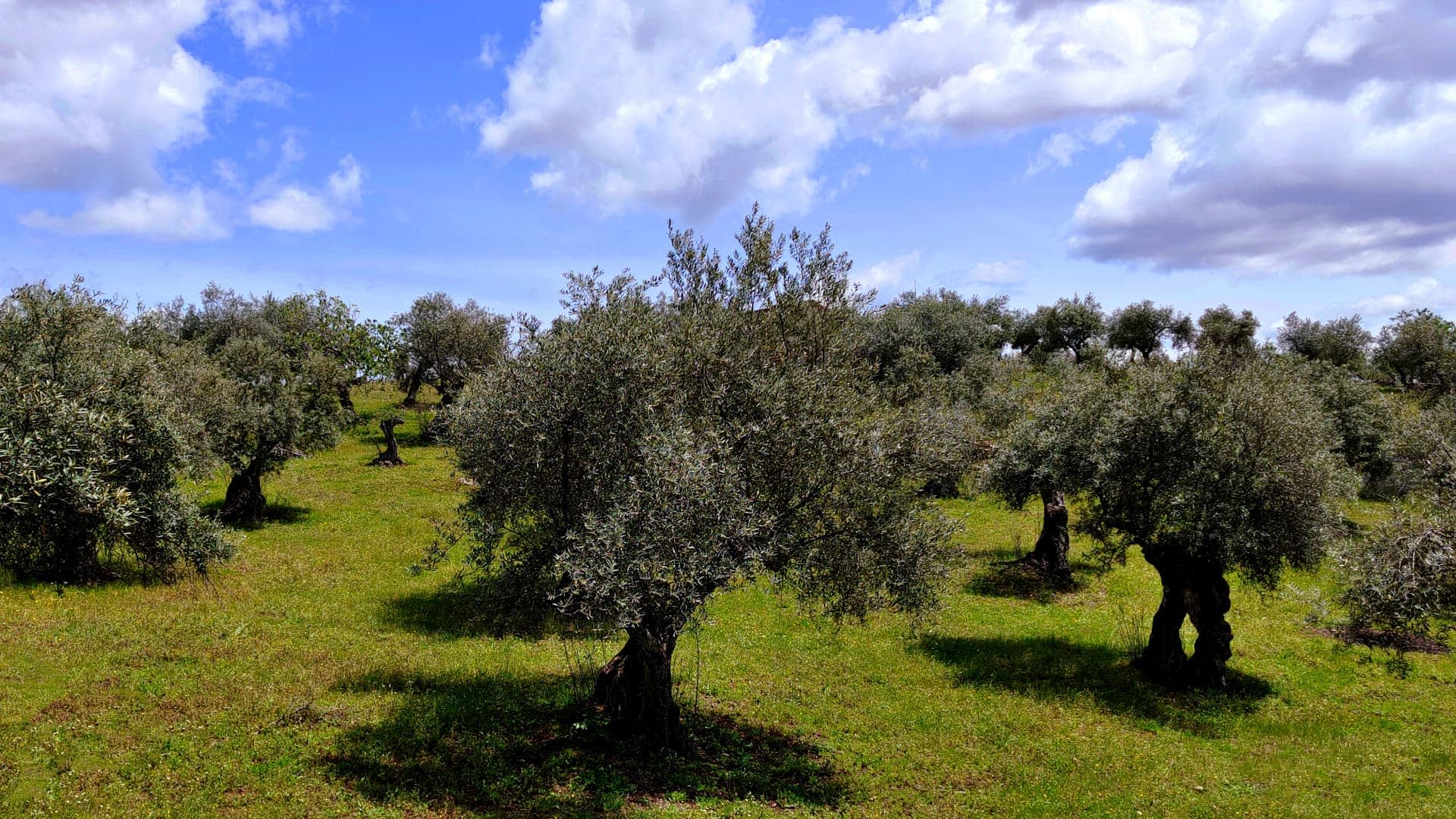
Despite a national decline in olive oil production in Spain, Extremadura is expected to double its yield this year, with high-density planting contributing to the increase. However, not all areas in the region are experiencing the same production boost, with diverse climatic conditions affecting yields for some producers.
Despite expectations of another historically poor harvest in Spain, olive oil production in Extremadura is expected to exceed the yields achieved in recent years.
Spain’s Ministry of Agriculture, Fisheries and Food estimated national olive oil production would reach just 765,362 tons in the 2023/24 crop year, 34.4 percent below the four-year average.
The increases are not uniform in all areas due to very diverse climatic conditions.
However, the ministry estimated that production in Extremadura could be 73,000 tons, double last year’s yield and nearly 18 percent above the four-year average.
“In Extremadura, a lot of olive trees are being planted, and this is already beginning to show,” Juan Vilar, a strategic consultant for the olive oil sector, told Olive Oil Times.
See Also:Another Poor Harvest in Andalusia PredictedAccording to land use surveys from the agriculture ministry, roughly 20,000 hectares of olive groves have been planted in the autonomous community since 2015, many of which are high-density or super-high-density.
However, this year’s production increases are not being experienced universally by producers across the autonomous community, the third-largest olive-growing region in Spain, which is divided into the northern province of Cáceres and the southern province of Badajoz.
Province | 23/24 Prod. Estimate (t) | % Variation 22/23 | % Variation 19 – 23 Avg. |
|---|---|---|---|
Badajoz | 61,500 | 88 | 13.8 |
Cáceres | 11,500 | 220 | 43 |
Extremadura | 73,000 | 101 | 17.6 |
Spain | 765,362 | -15.3 | -34.4 |
“It is true that production will be high in Extremadura, in general, this year, but the region is very large, and the increases are not uniform in all areas due to very diverse climatic conditions,” John Cancilla, the sales manager of Badajoz-based Marqués de Valdueza, told Olive Oil Times.
“We have not had the same luck as other producers in Extremadura, and our production in kilograms of olives will be small this harvest at best,” he added.
The harvest at Marquez de Valdueza has just gotten underway. Cancilla said preliminary testing indicated quality would be quite high due to hot and dry conditions, but adverse weather resulted in fewer olives.
North of Marquez de Valdueza, in the province of Cáceres, high springtime temperatures damaged some trees and will result in a lower harvest than last year.
“This year’s harvest will be 30 percent less than the previous year due to the heat of the full bloom that decimated the harvest quite a bit,” Ana Sánchez de Granda, the general manager of Pago de los Baldios de San Carlos, told Olive Oil Times.
Jara Baztan, the sales manager of Huerta de la Vera, told Olive Oil Times that the Cáceres-based company’s harvest is getting underway, and yields have also suffered from climate extremes.
“Unfortunately, we do not have a harvest greater than last year,” she said. “We are in an area with quite extreme climates, and we suffered very strong frosts during the flowering of the olives that have significantly reduced production this year.”
Despite lower yields in the company’s groves, Baztan believes production is increasing in Extremadura relative to the rest of Spain for two reasons.
“I imagine that production is increasing in Extremadura because it is an alternative to other crops that are decreasing in production in the area for various reasons,” she said.
“I suppose that the high olive oil prices reached in recent years is a motivation to bet on olive trees,” Baztan added. “The same thing always happens. When a product reaches high prices in the market in the following years, its production increases.”
Despite the expected production increase for the region compared to the rest of the country, Baztan said Huerta de la Vera continues to face the challenge of consistently producing high-quality extra virgin olive oil and finding a niche for the increasingly pricey product in an unstable market.
For his part, Cancilla said extreme weather conditions had presented the most significant challenges this year, adding that rising production costs would likely remain an issue for the foreseeable future.
“For Marqués de Valdueza, the largest challenges this year come from the adverse weather, which has intercalated periods of intense drought with extremely heavy rains,” he said.
“We have mitigated this problem with a finely tuned water management program… and an integrated production system that uses to our best advantage the limited resources that nature is giving us these days,” Cancilla added.
He also pointed out the sharp rise in production costs facing Extremaduran producers due to the aftermath of the Covid-19 pandemic and conflicts in Europe and the Middle East.
“We are already seeing higher fuel costs due to the confrontation [between Israel and Hamas], which will certainly affect the entire economy in Extremadura and, most pointedly, the transport, electricity and other costs of inputs that go into our olive oil production,” he concluded.



